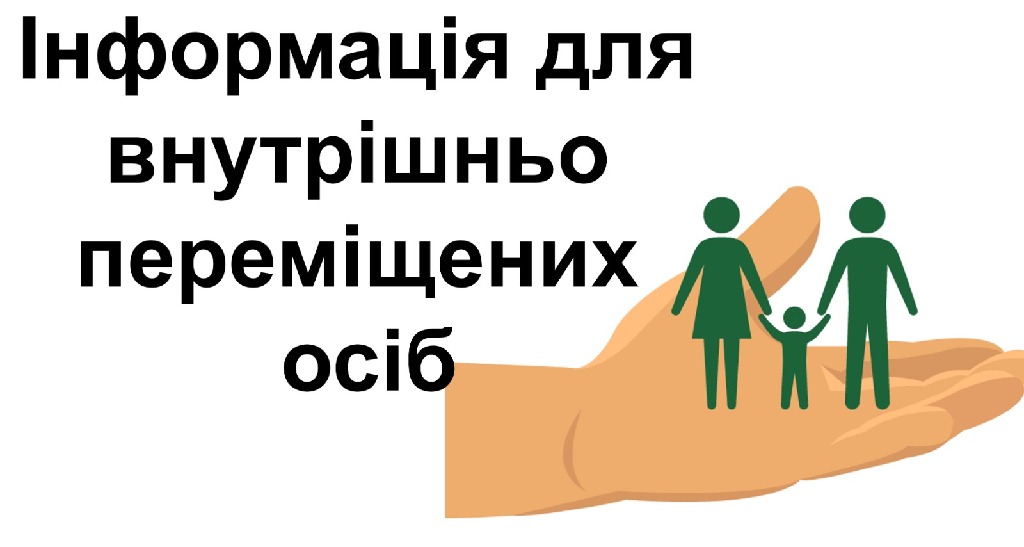Medical assistance for a stroke can be received free of charge in 226 hospitals. The full cost of treatment is covered by the National Health Service of Ukraine, regardless of the patient’s place of registration or status. Therefore, internally displaced persons can expect medical assistance anywhere in the country.
A stroke is an acute disturbance of cerebral blood flow that causes damage to brain tissue. Strokes usually occur suddenly. People at risk include those with high blood pressure, heart disease, diabetes, cholesterol imbalance, obesity, etc. Smoking is also a risk factor—it doubles the risk of ischemic stroke and increases the likelihood of hemorrhagic stroke fourfold.
Unfortunately, many people are unaware of the signs of a stroke. They can be remembered by the acronym MOZOK:
- Speech: Difficulty speaking or confusion in speech.
- Face: Sudden facial asymmetry or crooked smile.
- Dizziness: Loss of balance, coordination when walking, sudden headache (as if from a blow).
- Eyes: Sudden worsening of vision, double vision.
- Limbs: Sudden weakness, numbness, usually on one side. Inability to lift arms.
To recognize a stroke, ask the person to smile, say a simple sentence, lift one or both arms, or stick out their tongue (a stroke may cause the tongue to be twisted or turned). Difficulty with even one of these tasks may indicate a stroke. Do not delay—immediately call 103 and inform the emergency medical professionals of the symptoms.
The emergency medical team will take a patient with a suspected acute stroke not just to the nearest hospital, but to one that has a contract with the NHSU for stroke treatment.
When providing emergency medical care, place of registration and residence are irrelevant. Demanding an electronic referral, payment of charitable contributions, or individual tests from an internally displaced person in an emergency situation is illegal.
What free stroke treatment services does a patient receive:
- Initial examination and assessment of the severity of the condition.
- Neuroimaging if acute stroke is suspected (within 60 minutes from the time of contact or arrival of the patient with suspected acute stroke).
- Laboratory tests: clinical and biochemical blood tests, coagulation hemostasis, etc.
- All necessary instrumental studies, including spiral computed tomography (CT) of the brain with CT angiography and/or MRI of the brain with non-contrast MR angiography, available around the clock.
- Thrombolytic therapy including necessary medications for ischemic stroke.
- Endovascular neurointervention.
- Neurosurgical assistance.
- Dynamic monitoring of swallowing function.
- Consultation with a speech therapist or language and speech therapist within the first 72 hours after hospitalization.
- Consultations with doctors.
- Rehabilitation assistance during the acute period.
- 24-hour medical observation and nursing care in hospital conditions.
- Provision of medications, including those for thrombolytic therapy, as defined by the National List of Essential Medicines and sectoral health standards, necessary medical supplies, and consumables according to sectoral health standards and medical technology documents.
- Timely provision of sedation, anesthesia, and pain relief at all stages of diagnosis and treatment.
- Inpatient nutrition.
For more details about the list of services, visit the NHSU website at nszu.gov.ua, in the “Citizens” section / “Free Services in the Medical Guarantee Program 2024” / “Priority Inpatient Services.” Or follow this link: https://cutt.ly/EemHHHEL.
How to ensure that the ambulance took the patient to a hospital that treats stroke?
- Call the NHSU contact center at 16-77. The operator will advise you on the nearest medical facilities that have a contract with the NHSU for stroke treatment.
- Use the analytical dashboard “Contracts for Medical Services under the Medical Guarantee Program.” Select the region, settlement, and in the “Service Group” — “5 Medical Assistance for Acute Cerebral Stroke.” The map will show the nearest hospitals that diagnose and treat stroke. Access the dashboard via this link: https://cutt.ly/SevDHJea.
What to do if the hospital asks for payment for medical services, diagnostics, or medications?
If an internally displaced person is asked to purchase medications or pay for services covered by the Medical Guarantee Program, this is a violation of patient rights and the NHSU contract with the medical facility. In such cases, you should file a complaint about the violation:
- Call the NHSU contact center at 16-77.
- Submit through the electronic form on the NHSU website: select the “Citizens” section from the top menu, then “Feedback.” Here you can leave your questions, comments, suggestions, statements, and complaints. Or go to this link: https://cutt.ly/5eb9XKbN.
The Medical Guarantee Program ensures that all Ukrainians receive the same free list and access to medical services, regardless of internal displacement status. For more information about free medical services available under the Medical Guarantee Program, refer to the electronic guide “Guide to the Medical Guarantee Program for Patients 2024.” Download the guide via the link.
